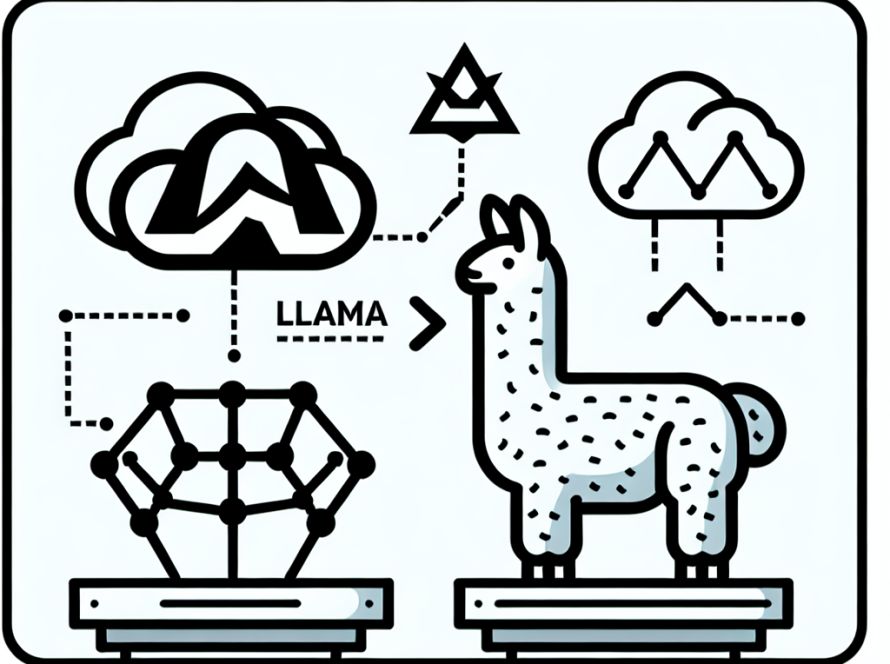A significant study, conducted by researchers such as Valentin Hofman, Pratyusha Ria Kalluri, Dan Jurafsky, and Sharese King, has documented the troubling issue of racial bias embedded in artificial intelligence (AI) systems, particularly large language models (LLMs). The research study, accessible on ArXiv, highlights the negative discriminatory attributes that AI systems often present towards African American English (AAE).
These LLMs, being highly sensitive to the input, can exhibit a prejudiced outlook when the input is typed in AAE, portraying a bias equivalent to, or even exceeding that of human biases. This discovery, which is intrinsically alarming and concerning, has vast societal implications, especially in sectors such as employment and criminal justice, where AI decision-making is increasingly prevalent.
The methodology used in the research, labeled as Matched Guise Probing, essentially compares the responses of LLMs when given inputs of AAE and Standardized American English (SAE). The covert biases and stereotypes become evident through this technique, which directly analyzes the preferences of LLMs in accepting and processing particular linguistics elements associated with AAE. The findings illustrate that these biases exceed any experimentally recorded human stereotypes of African Americans and are reminiscent of the prejudices prevalent before the civil rights movement.
These biases and stereotypes present a considerable potential for harm as they not only fail and discriminate against women, darker-skinned individuals, and marginalized communities, but can also impact areas like employment and criminal justice. The research evidence shows that LLMs often allocate less prestigious jobs and propose severe criminal judgments against speakers of AAE, thereby posing massive potential harm.
Despite the escalating use of AI across various domains, such as crime and policing, economy and welfare, and healthcare, this study emphasizes the underlying need to address these deep-rooted biases within sophisticated AI systems. However, eliminating these biases and stereotypes is likely to remain challenging due to their technically complex nature as well as the superficial concealment of racism, which often intensifies the discrepancy between covert and overt stereotypes.
Therefore, there is an urgent need to further investigate these biases, particularly concerning different cultural-linguistic variations and dialects. A sincere and proactive call for action must be taken by the AI research community as well as society at large as AI systems continue to dominate and become more deeply ingrained in daily societal functions. Though AI supremacy is on the rise, the inherent and systematically embedded bias of some AI systems remains a problem that developers have to address sooner rather than later.


